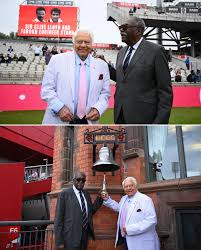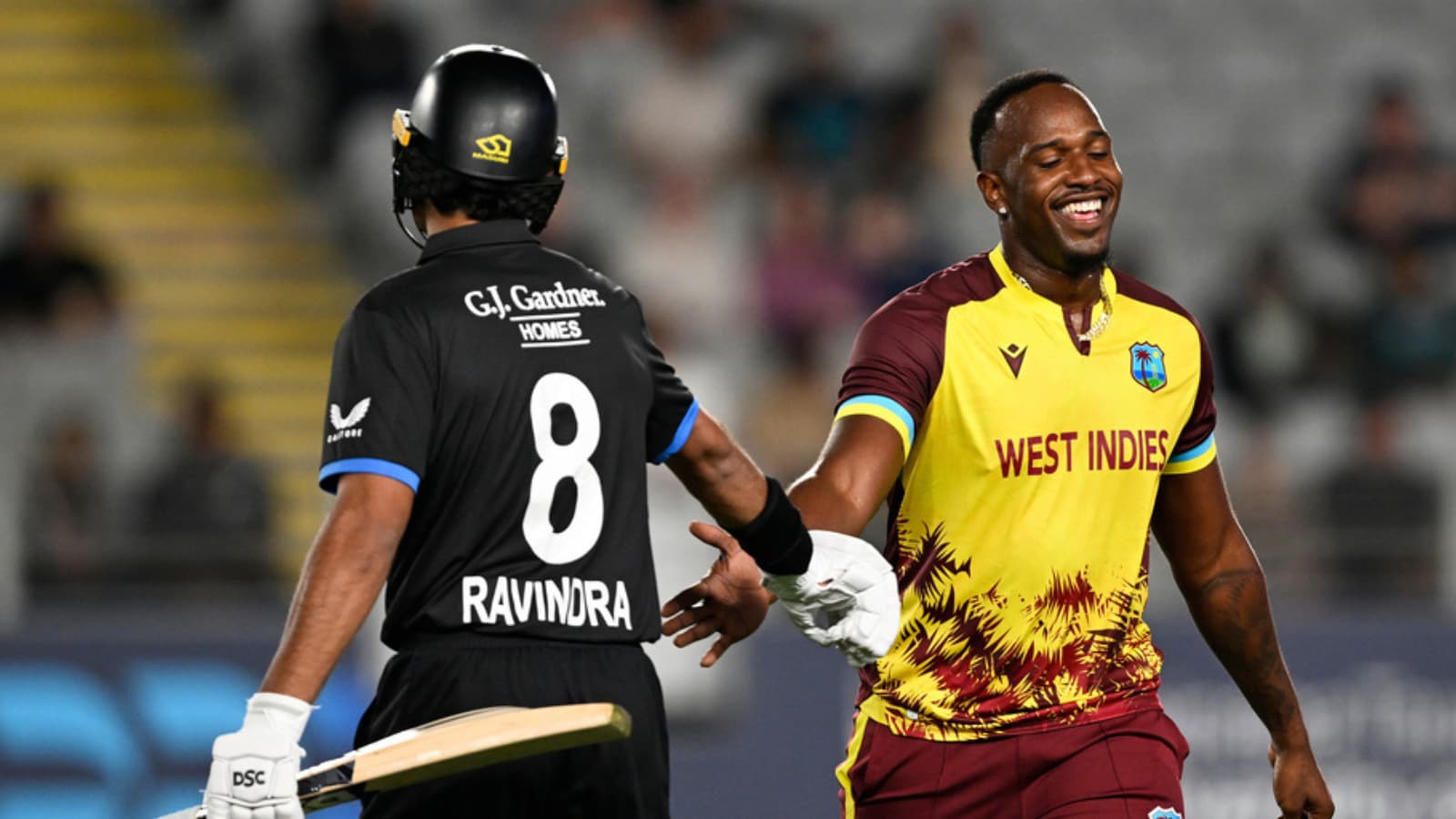
Introduction to Farokh Engineer
Farokh Engineer, born on February 25, 1938, in Maharashtra, India, is not just any cricketer; he’s an icon in the world of cricket. Known for his agile wicketkeeping skills and aggressive batting style, Engineer has left an indelible mark on the game, particularly in the 1960s and 1970s. As India celebrates its sporting legends, Engineer’s contributions remain significant, making it crucial to reflect on his life and career.
Career Highlights
Farokh Engineer made his Test debut for India in 1961 and quickly became a regular feature in the team. His career spans across 46 Test matches during which he scored over 2,400 runs, including two centuries. He was particularly noted for his performance during India’s historic 1971 series in the West Indies, where he played pivotal roles in various matches.
His unique playing style as a wicketkeeper-batsman set a benchmark for future players in India. His agility behind the stumps and quick hands were complemented by his ability to dismantle bowling attacks with the bat, making him a dual threat on the field. He also featured in 15 One Day Internationals, further showcasing his adaptability across formats.
Post-Career Contributions
After retiring from international cricket, Engineer did not step away from the sport. Instead, he became an influential commentator, sharing his insights and experiences with new generations of cricket fans. His work in the media helped bridge the gap between the past and the present of Indian cricket.
Engineer has also been an advocate for improving cricket infrastructure in India and has contributed significantly to nurturing young talent through coaching and mentorship. His efforts have laid the groundwork for aspiring cricketers, making it essential to acknowledge his role in shaping future stars.
Recent Celebrations and Recognitions
As cricket continues to evolve, Farokh Engineer’s legacy was celebrated recently during the launch of a cricket academy in his honour in Pune, aimed specifically at providing quality training for aspiring cricketers. The initiative reflects a growing recognition of Engineer’s influence and his ongoing contribution to the sport.
Conclusion
Farokh Engineer remains a key figure in cricket history, embodying the spirit of the game. His journey from a dedicated player to a respected commentator and mentor highlights his unwavering passion for cricket. With ongoing recognitions and initiatives inspired by his legacy, it is clear that Engineer’s impact on Indian cricket will be felt for generations to come. As fans and future players look to the past for inspiration, Farokh Engineer serves as a shining example of excellence in the sport.
You may also like

Exciting Moments from the India vs South Africa Series

West Indies vs New Zealand: An Exciting Cricket Clash
